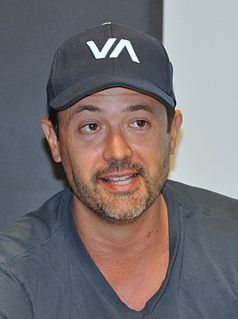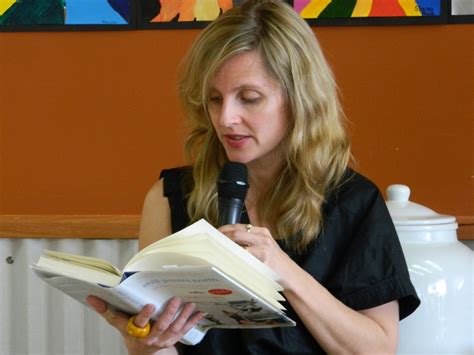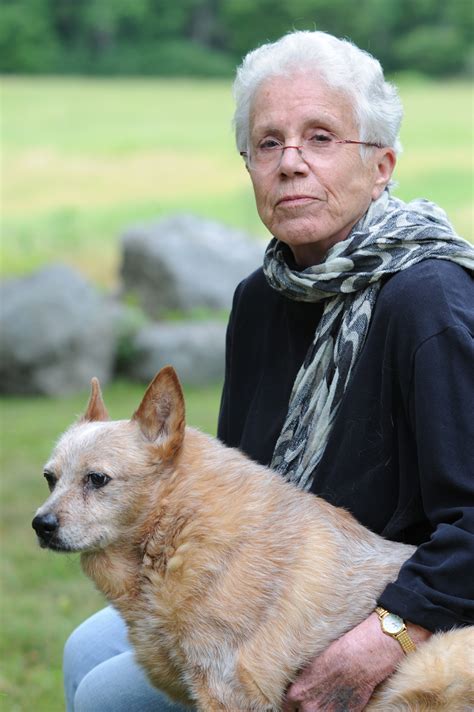A Quote by Tim Cahill
Editors, for the most part, don't care ''what'' you've done, or how astounding the physical event may have been. You need to write well. Many others are capable of doing what you have done (probably), so you must write better than they.
Related Quotes
If you would like to write better than everybody else, you have to want to write better than everybody else. You must take an obsessive pride in the smallest details of your craft. And you must be willing to defend what you've written against the various middlemen - editors, agents and publishers - whose sights may be different from yours, whose standards not so high.
To me, the producer is there to make sure the album gets done and gets done as good as possible. So if that means that you have to help write a bridge or help write a part, that's what you do. If that means you help tune the guitars, then that's what you do. If that means all you do is tell the band their takes are good and they should stop f——— with things, then that's what you do. If it means you don't do anything except make sure the band doesn't fight, then that's what you do. Sometimes it's a little more stressful than others, but for the most part, you just don't complain about it and you just get it done.
I am sure it has been done with less, but you should be prepared to write and throw away a million words of finished material. By finished, I mean completed, done, ready to submit, and written as well as you know how at the time you wrote it. You may be ashamed of it later, but that's another story.
In order that people may be happy in their work, these three things are needed: They must be fit for it: they must not do too much of it: and they must have a sense of success in it - not a doubtful sense, such as needs some testimony of others for its confirmation, but a sure sense, or rather knowledge, that so much work has been done well, and fruitfully done, whatever the world may say or think about it.
I think the first thing - if you want to be a writer - the first thing you need to do is write. Which sounds like an obvious piece of advice. But so many people have this feeling they want to be a writer and they love to read but they don't actually write very much. The main part of being a writer, though, is being profoundly alone for hours on end, uninterrupted by email or friends or children or romantic partners and really sinking into the work and writing. That's how I write. That's how writing gets done.
I have loved my work, I have loved people and my play, but always I have been uplifted by the thought that what I have done well will live long and justify my life, that what I have done ill or never finished can now be handed on to others for endless days to be finished, perhaps better than I could have done.
To write a book such as Tiger Bone & Rhino Horn is a formidable undertaking. You must accumulate thousands of facts and spare no detail, no matter how terrible. It is always easier to write a piece of fluff and leave everybody smiling. But then, the horrors of poaching would continue unchallenged?like as tent caterpillars consuming an apple orchard, our species mindlessly consumes the others of the earth. At present, the most significant hope for our planet may be knowledge, and Richard Ellis has done a heroic job in providing a large measure of that.






































